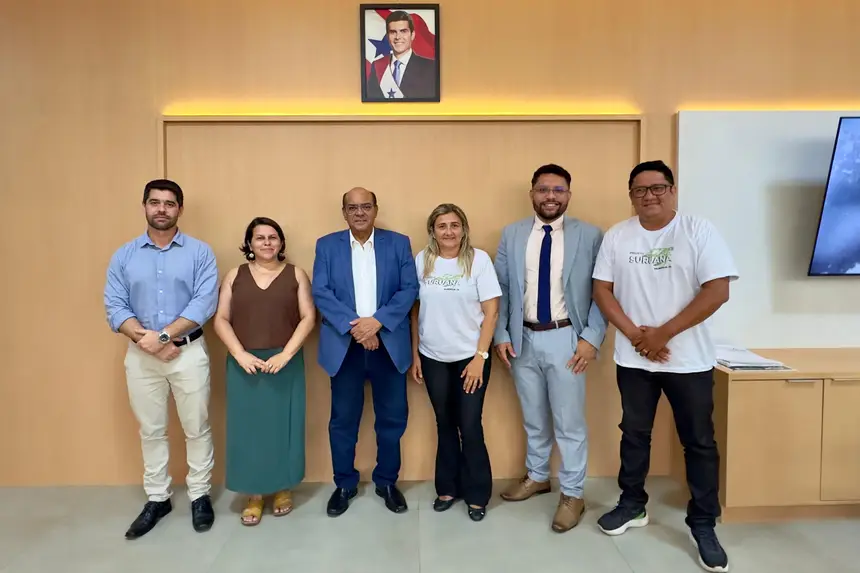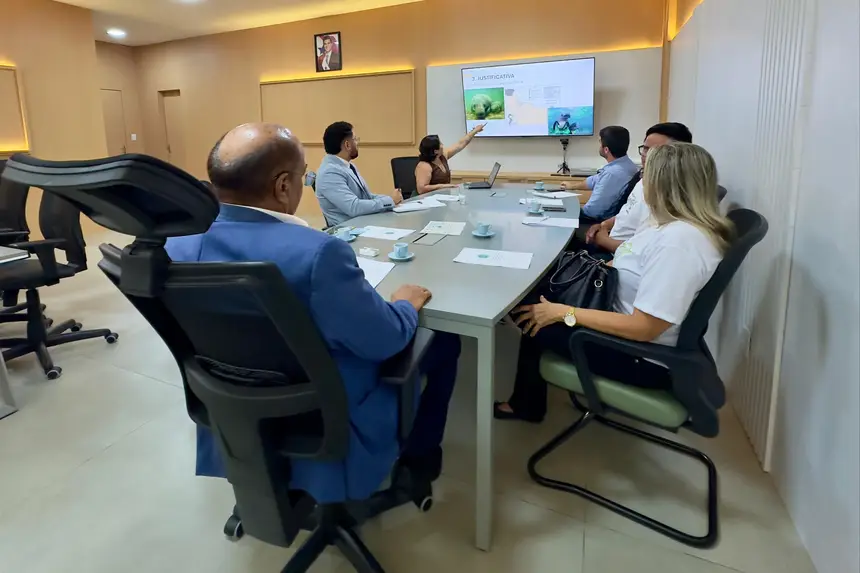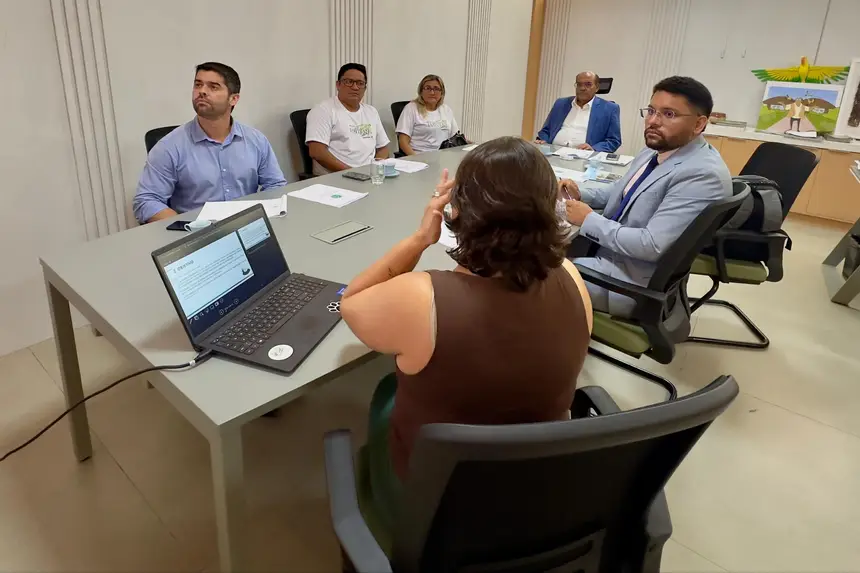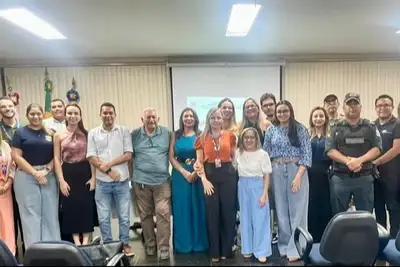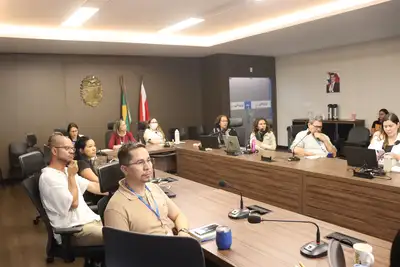Ideflor-Bio forms strategic partnership with the Bicho D'água Institute and the Suruanã Project to protect Amazonian fauna and promote public policies
The work includes systematic monitoring, data collection, research, and the development of diagnostics to support the creation of public conservation policies and the promotion of scientific research in the state
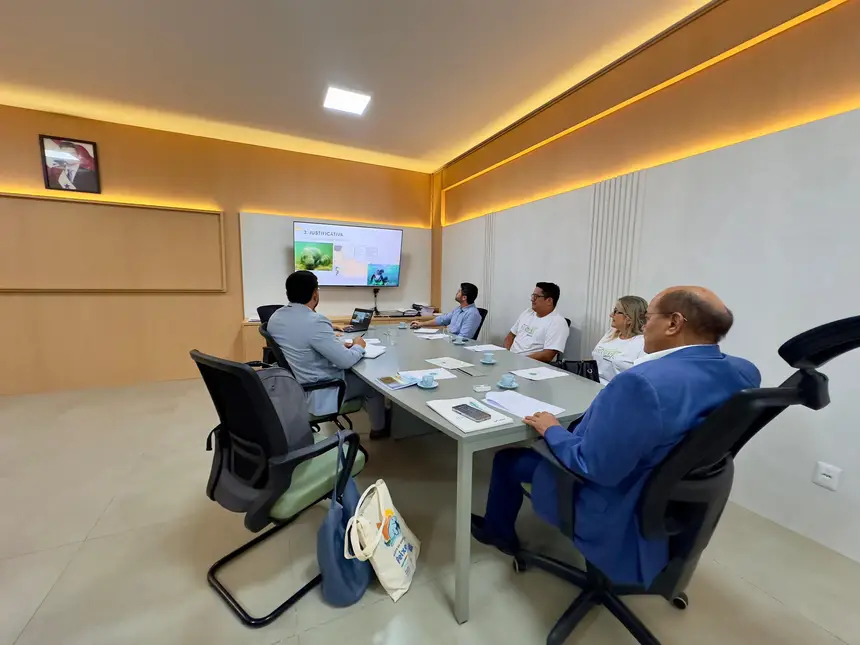
The Institute for Forest Development and Biodiversity (Ideflor-Bio) has taken another strategic step towards the preservation of Amazonian fauna. In a meeting held this Monday (18), representatives from the state agency, the Bicho D’água Institute, and the Suruanã Project aligned the first actions for the implementation of the Conservation Program for Turtles and Aquatic Mammals in the Conservation Units of the State of Pará. The creation of a Conservation Program for Ornamental Fish, aimed at monitoring and sustainable management of these species, was also on the agenda.
The main objective of the initiative is to protect turtles – such as sea turtles, Amazon turtles, tracajás, muçuãs, and jabutis – as well as manatees, dolphins, and species of ornamental fish, which make up a significant part of Amazonian biodiversity. The work includes systematic monitoring, data collection, research, and the development of diagnostics to support the creation of public conservation policies and the promotion of scientific research in the state.
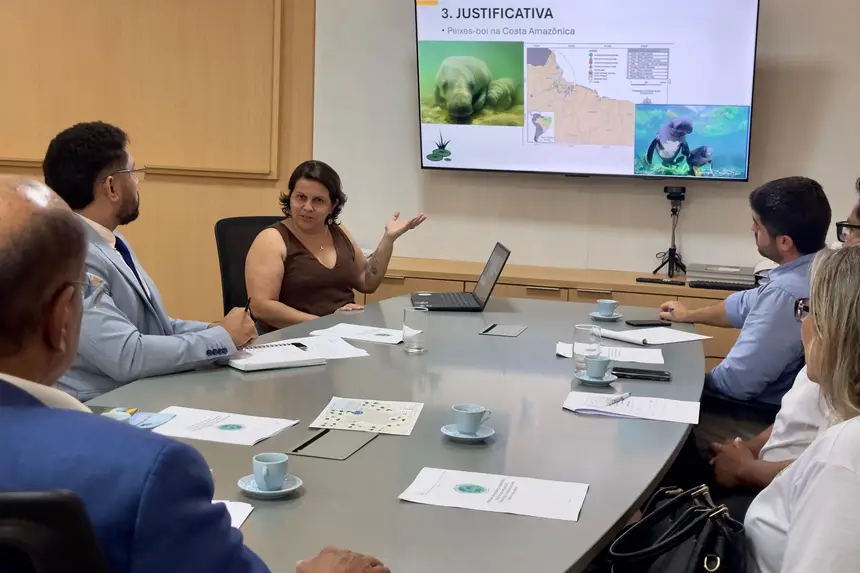
According to the coordinator of the Suruanã Project, Josie Figueiredo, who will be responsible for the actions related to turtles, the initiative will provide a broad view of the situation of these animals in protected areas. “We are not only talking about sea turtles, but also about Amazon turtles, tracajás, muçuãs, and jabutis. With this diagnosis, we will be able to understand the reality of the species in the conservation units and identify where it is necessary to direct resources and new projects. This is a collective effort that unites research, public management, and society for conservation,” she emphasized.
The president of the Bicho D’água Institute, Renata Emim, who will coordinate the actions related to manatees, highlighted that the initiative also organizes decades of accumulated scientific knowledge. “The great differential of this program is that it will systematize information that has been produced for many years, organizing it in conjunction with the conservation units. This will indicate knowledge gaps, generate subsidies for public policies, and assist the state in managing fauna, strengthening the conservation of turtles and aquatic mammals,” she stated.
Commitment - For the president of Ideflor-Bio, Nilson Pinto, the partnership reaffirms Pará's commitment to the conservation of the Amazon. “This program is a milestone because it combines the scientific experience of two reference institutions with the responsibility of state management. Our role is to transform this knowledge into public policies and practical actions that ensure the protection of species and the appreciation of the communities that coexist with them,” he emphasized.
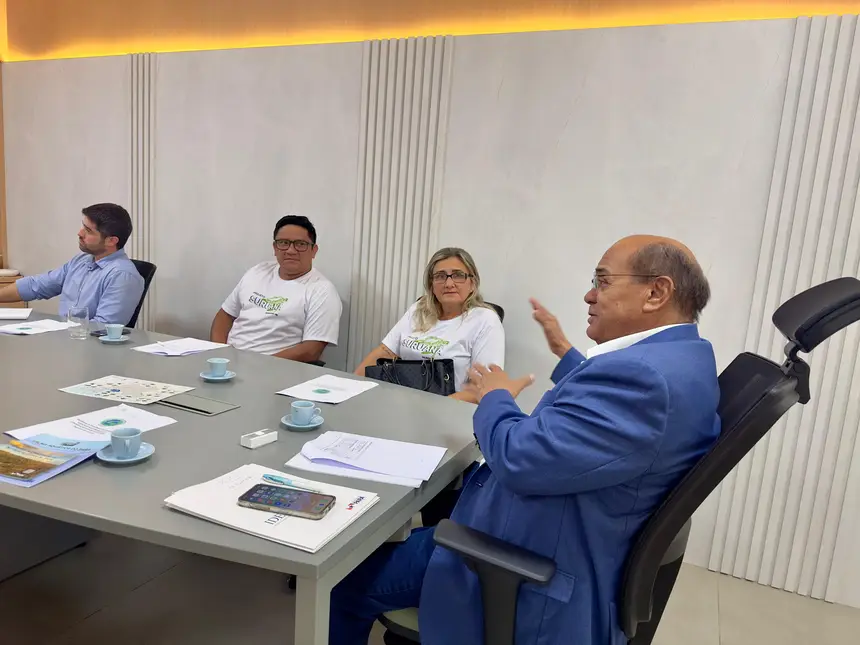
The director of Management and Monitoring of Conservation Units at Ideflor-Bio, Ellivelton Carvalho, highlighted the importance of the integrated methodology that will be applied. “The idea is to build periodic diagnostics, with reports that will be updated every six months, allowing the state to closely monitor the situation of the species. With this, we will have consistent data for decision-making, which is essential to strengthen biodiversity management in Pará,” he explained.
Continuity - The technical meetings between the partner teams will begin in the coming days, with the definition of the action plan and the standardization of monitoring tools. The expectation is that, still in 2025, the first partial results of the surveys will be presented, involving different state conservation units.
Nilson Pinto concludes by stating that, “with the articulation between science, public management, and civil society, the Conservation Program for Turtles and Aquatic Mammals of Pará emerges as a regional reference, capable of generating strategic information, consolidating partnerships, and driving conservation policies on an Amazonian scale. Furthermore, the future program dedicated to ornamental fish reinforces the state's concern in aligning conservation, research, and economic sustainability,” concluded the president of Ideflor-Bio.


